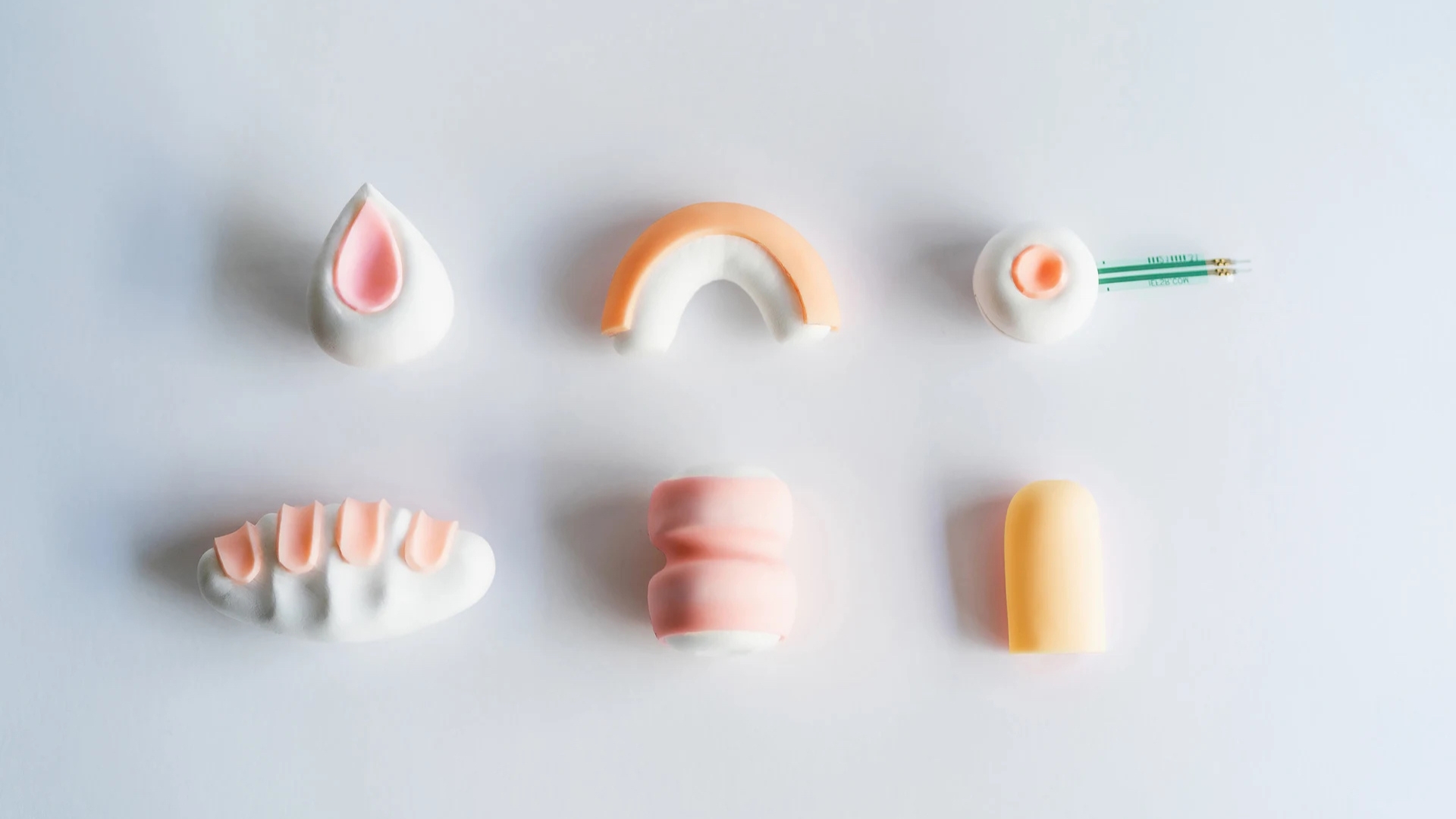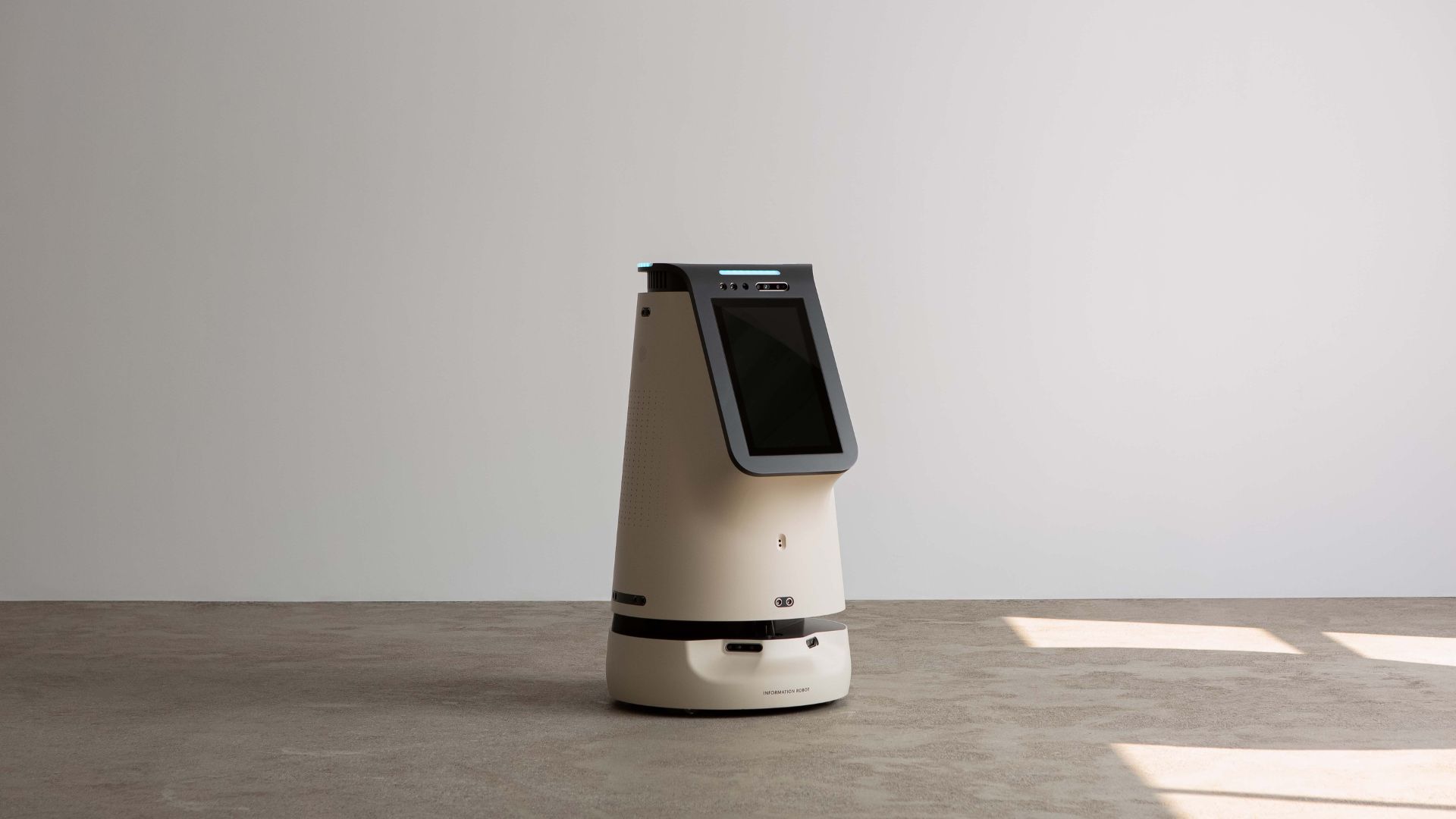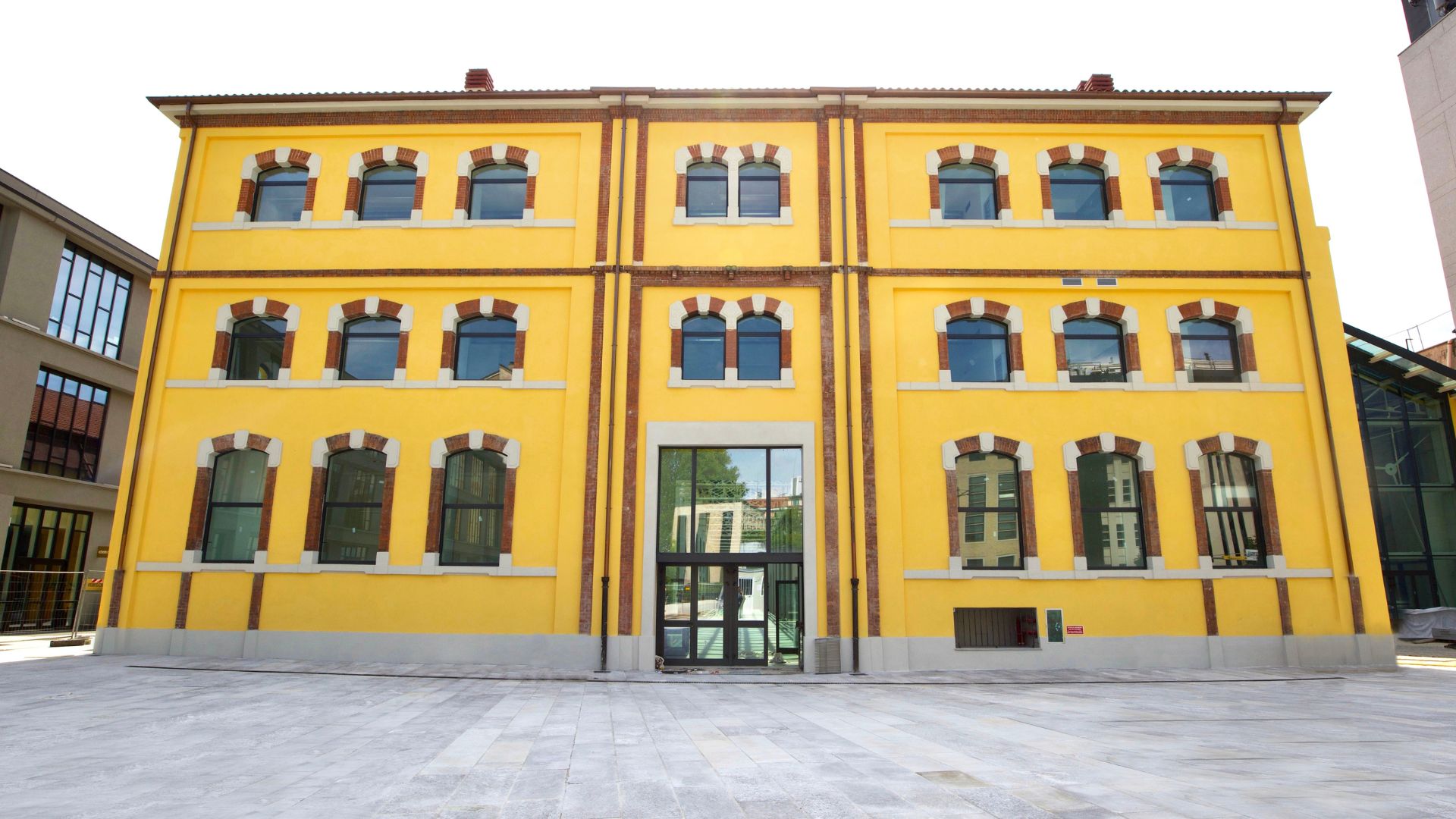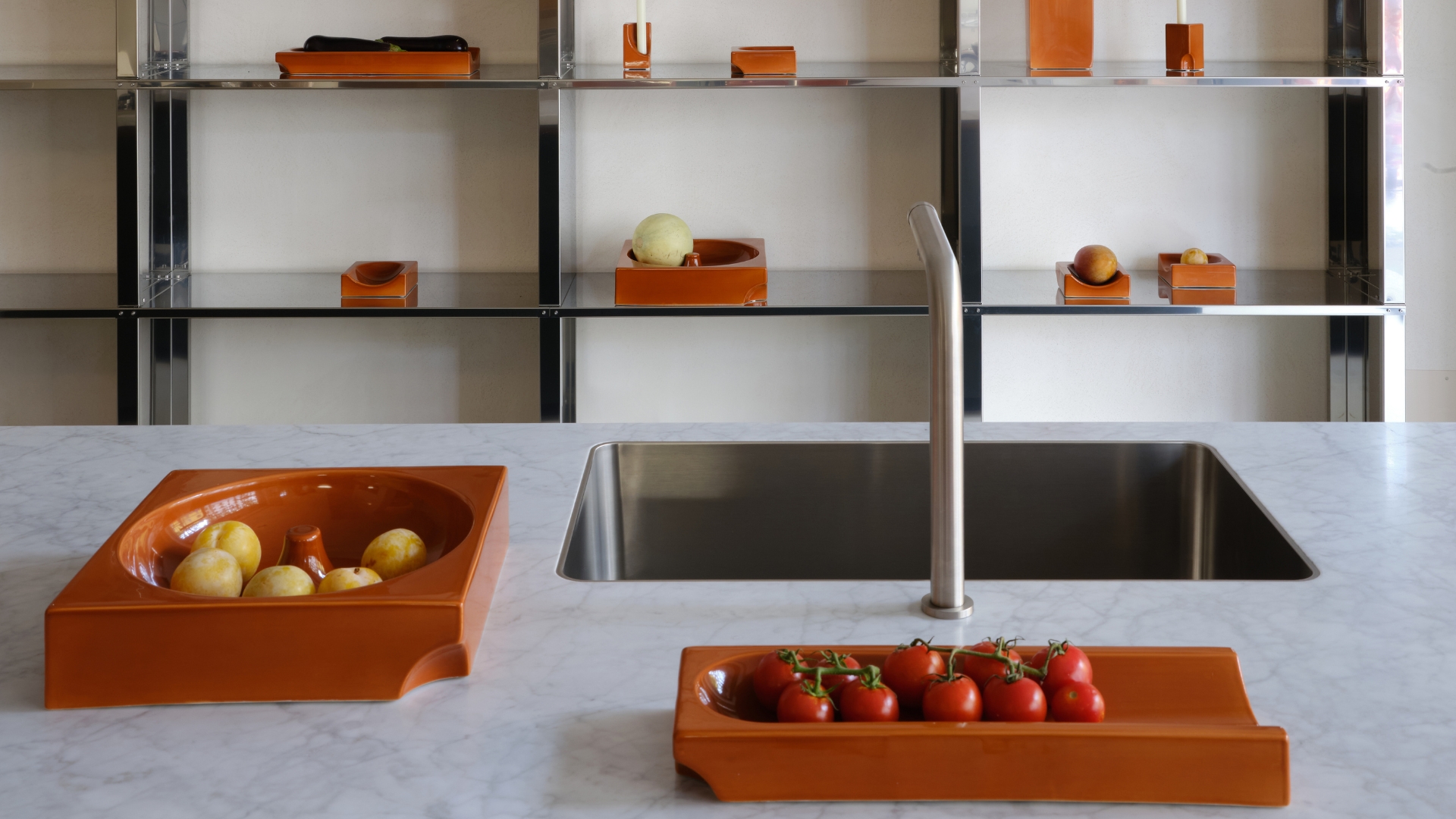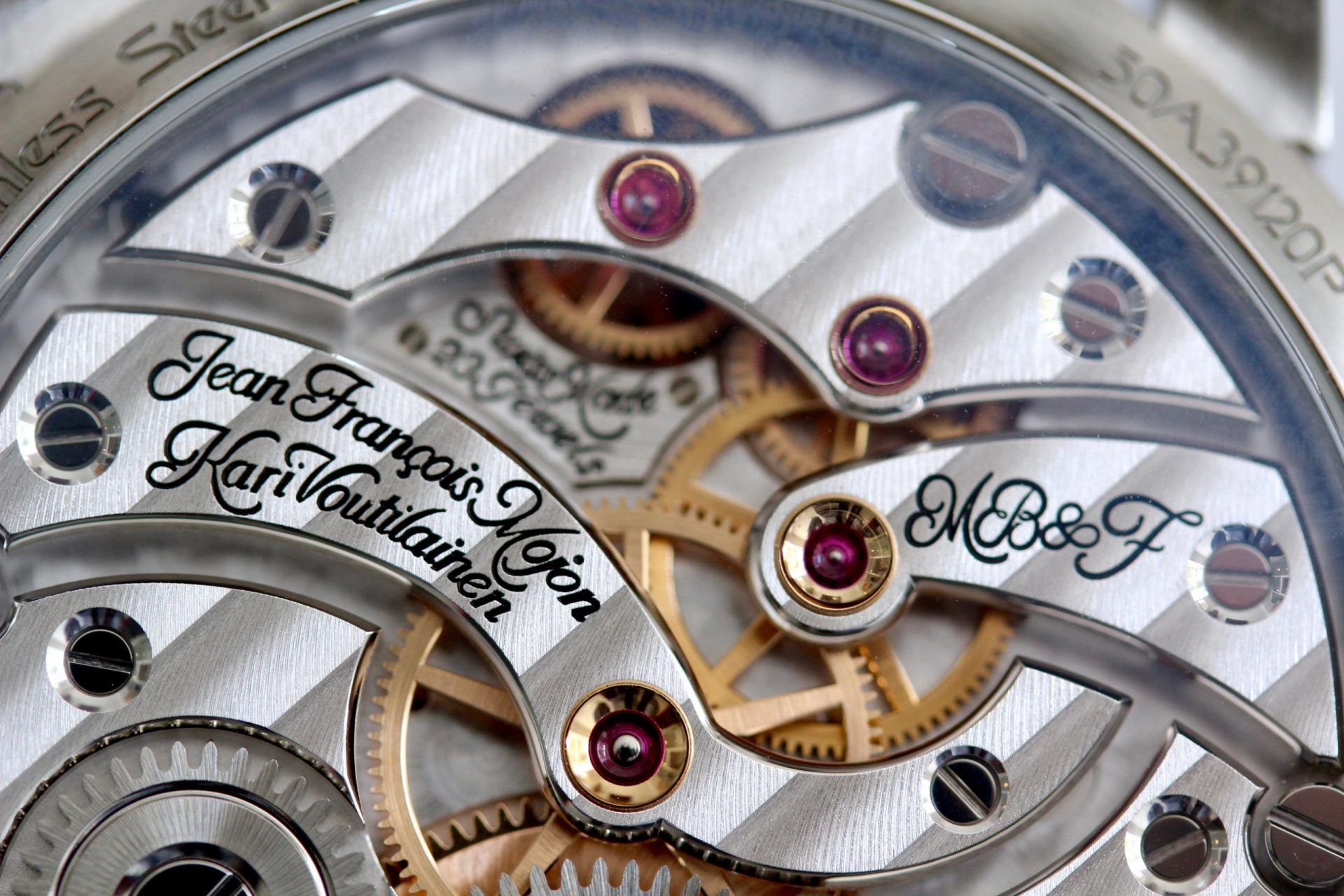Does it make sense to produce Lo-Fi tech products nowadays?
The answer is yes. Let’s explore the world of Nanu, a company challenging the market with slow, analog products that give value to time.

One of the most beautiful aspects of our days is that the world is connected by the internet, and you can find many beautiful things all around the globe, regardless of where you are based or what you do in your daily life. This is how I discovered Nanu.
One day, I came across a profile of people analyzing and repairing old alarm clocks.
As a design enthusiast, my attention was caught by the old plastic finishes, the mechanism, the font of the numbers – very nerdy and interesting from a designer’s point of view. These are objects that you never ask yourself, “How are they made?” so figuring it out is like opening Pandora’s box, and it is truly fascinating. As the algorithm understood that I was attracted to these things, I came across a video where someone was opening the latest speaker by teenage engineering, a brand I’m a fan of (I also wrote about them here).
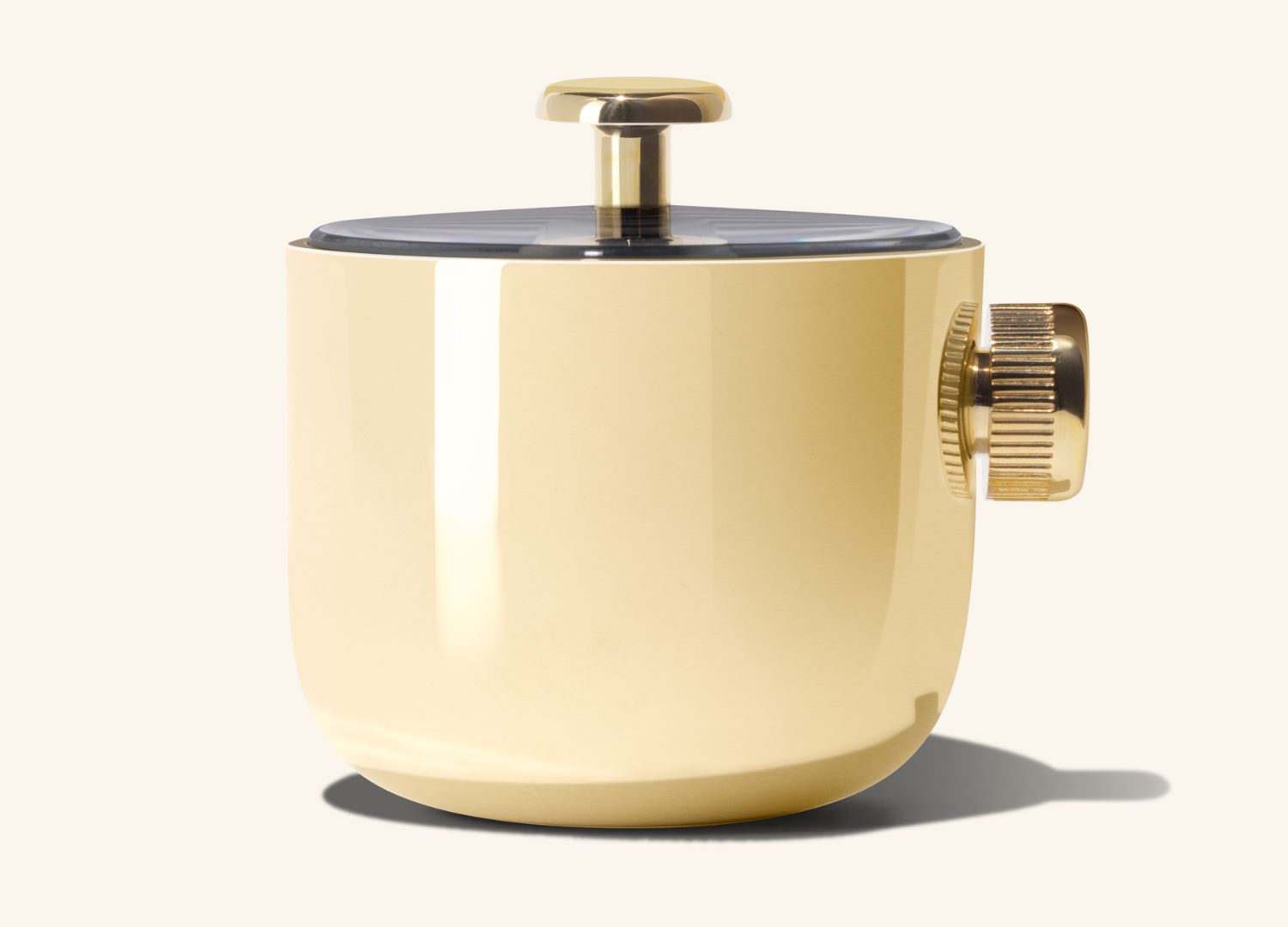
The speaker was not easy to open, but once it was disassembled, I saw some magic. But it wasn’t the only thing; the comments of the voiceover were very interesting and somehow familiar. It’s them again, the guys disassembling electronics: Nanu.
I was sincerely hooked up, and scrolling through their feed, I figured out that they are not simply analyzers but actually producers. The comments on someone else’s products were just the tip of the iceberg, the meeting point. Behind that, there are people aiming to produce quality products based on time.
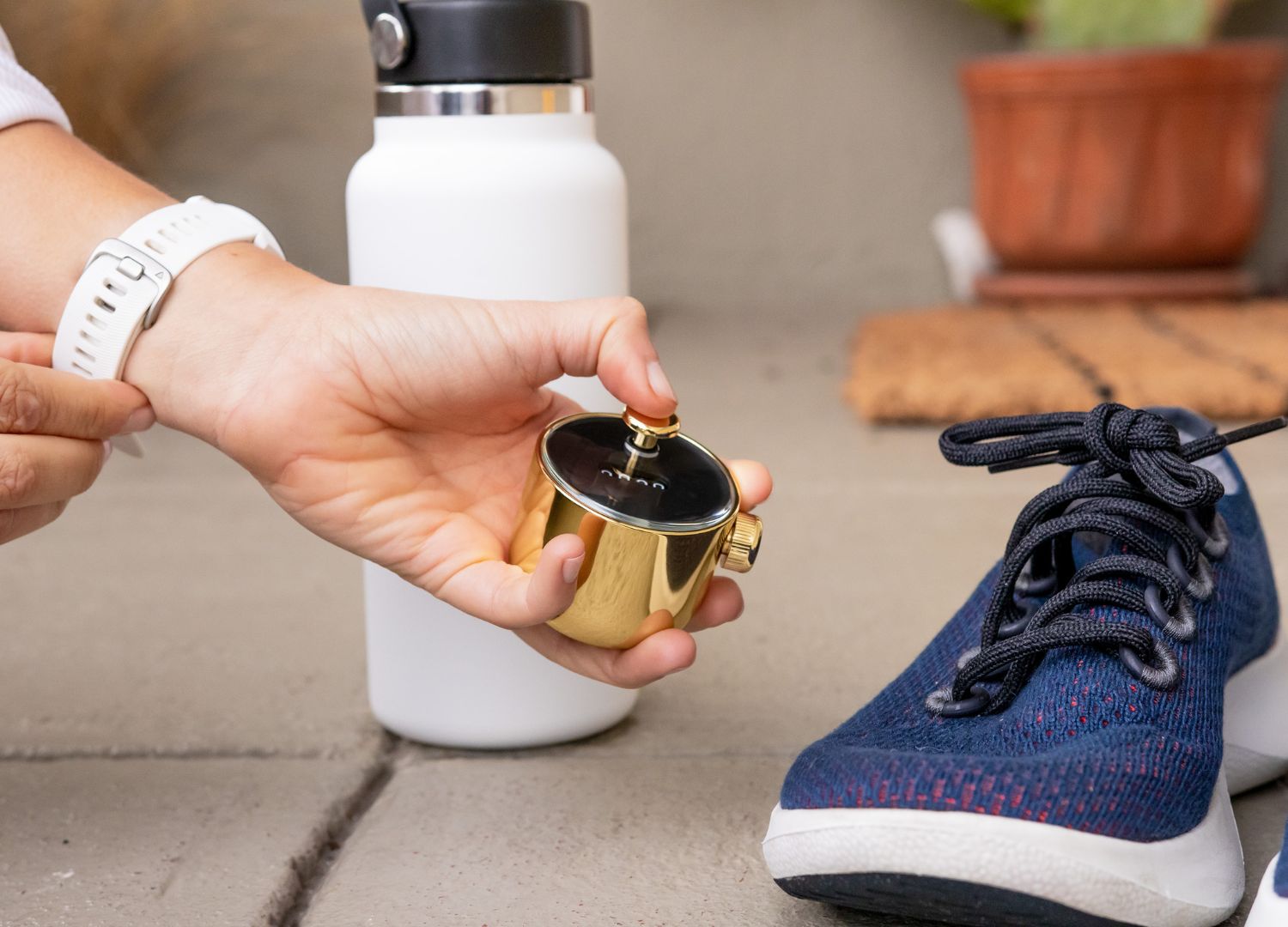
The story that brought the team, Hanna McPhee, Andrew Cosgarea, and Jessa Strayer, is simple yet sophisticated. During COVID, they started to give more credit to the importance of time. The relegation and the forced homestay brought them to understand that our time is precious: just think of how much time we spend going to work, two hours a day? Especially if you live in a big and crowded city.
Time is precious, so it is worth keeping track and giving importance.
Until now, everything looks cool, but there is one more thing that makes it cooler and lets you better understand the quality of the theory behind this design process.
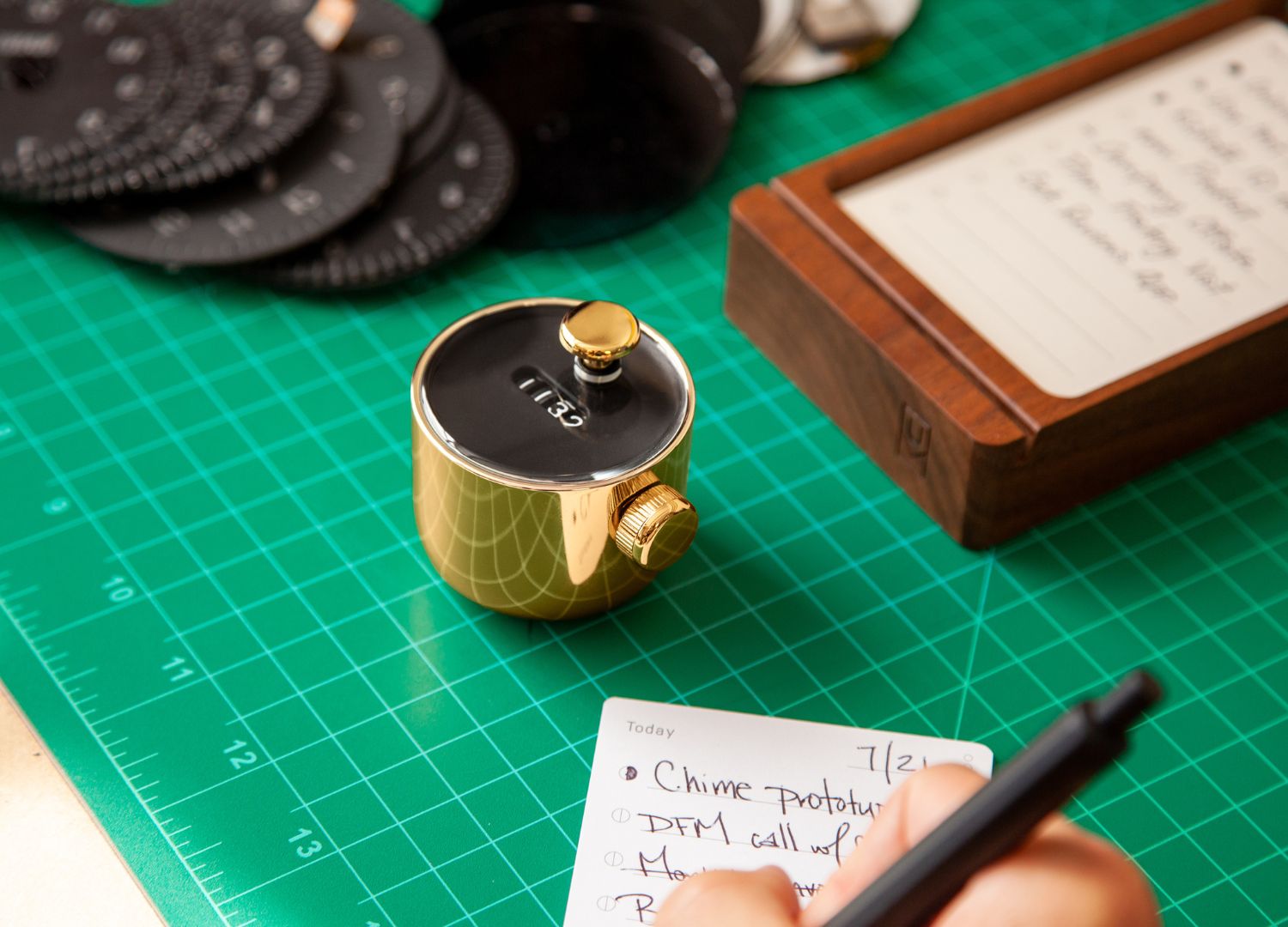
When it comes to tracking something, the most natural thing is going digital with an app or a device that somehow does its job and then gets forgotten – or worse: displaced. The design process is a long and complicated thing (even if, for the final consumer, it is taken for granted) that just thinking that when you use technology that may get old fast is somehow frustrating. To launch a product, you need a minimum of 2 years (obviously, it depends case by case), and you must use the most advanced technology and see it dying in a few months.
It is not worth it and can be considered a waste of time (in a certain sense).
The solution that Nanu brings to the table is so simple yet profound: use mechanics. The real difference between a digital and a physical solution is that there is a huge difference in maintenance, durability, and design. When you have something physical doing the action, we, in some way, have better control of it. The gear moving and the solidity give back a meaning in things that are lost, for obvious practical reasons, when everything is reduced to a screen.
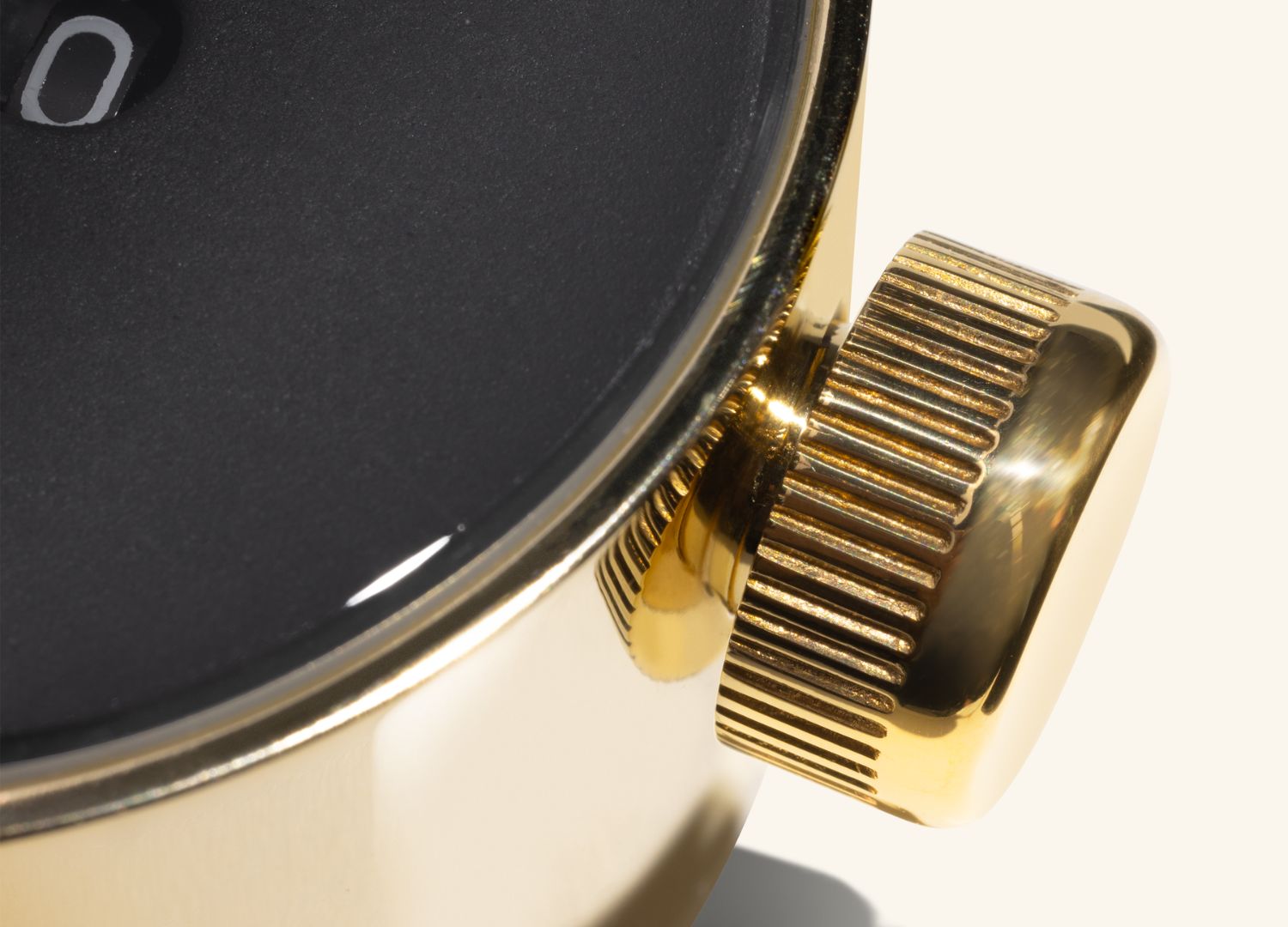
Why are we still fascinated by Swiss watches while we can know the time anytime from our smartphone? Probably the fact that the object is making a physical action gives it life and importance, which is much more complicated to get in modern tech where every function is taken for granted.
The fact that Nanu started with a simple counter instead of a sophisticated clock is also a sign of this philosophy. Making things easier and controllable in a first phase makes the product efficiency controllable too. It is a remarkable trend to find one function and do it well instead of putting together 1000 things (like our portable devices do).
It is controllable, developable, and long-lasting.
The curious fact is that the team behind all of this has grown professionally in a place where everything is tech: San Francisco.
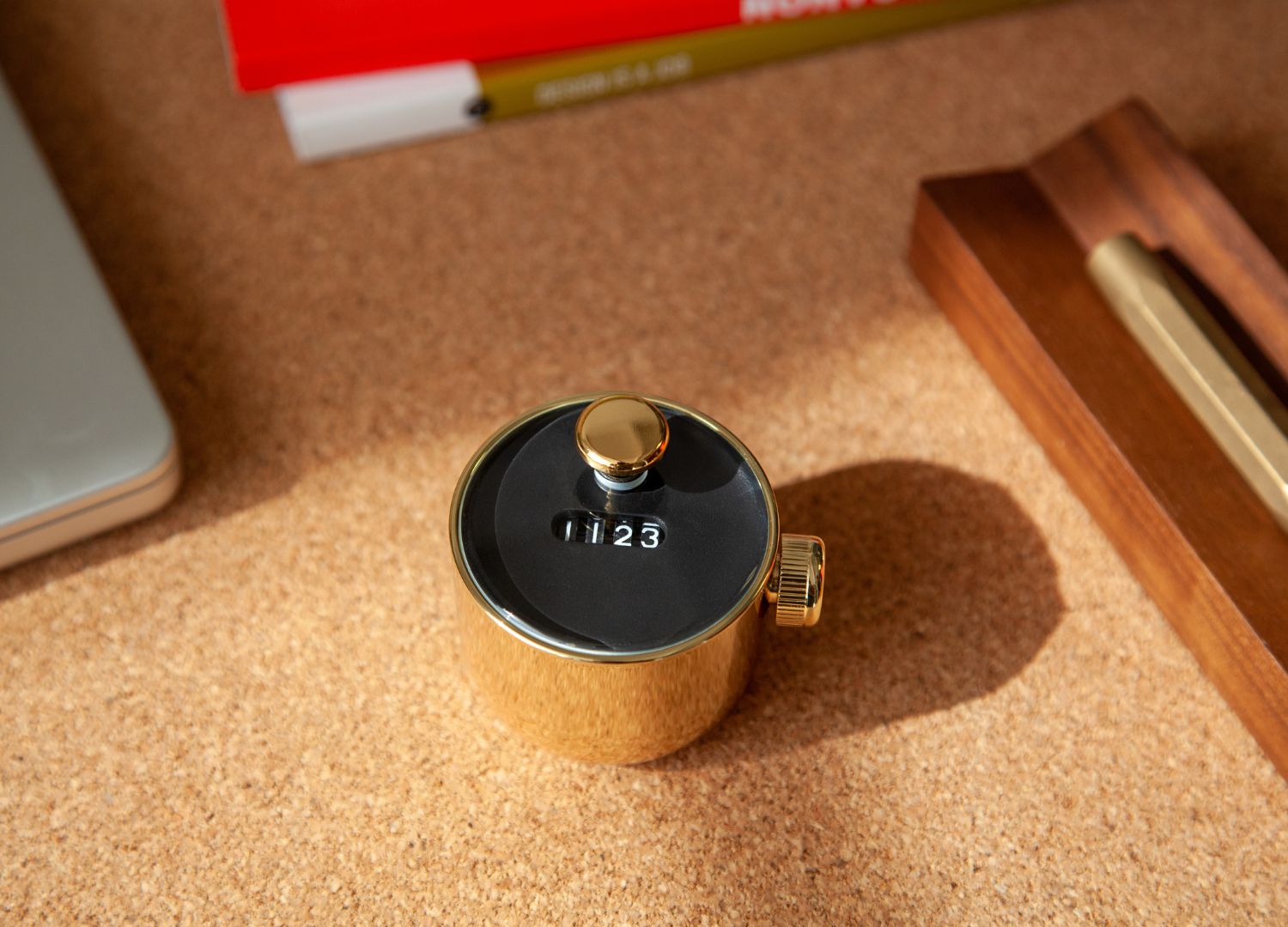
I reached out to Hanna, who told me that probably the sensitivity that these companies have for the customer has helped them develop a certain attitude not just in the product development process but also in the relationship of the user with their tools. This, mixed with curiosity and passion for physical objects, has created a magical mix and an unexpected way of making tools.
Nanu has recently founded their first alarm clock right after the success of their counter, which was a great success, but nothing compared to the new product that has raised a lot of money on crowdfunding platforms, thanks also to a huge community that understands what they are doing and supports them.
Very curious about the future development and where this philosophy can lead.










